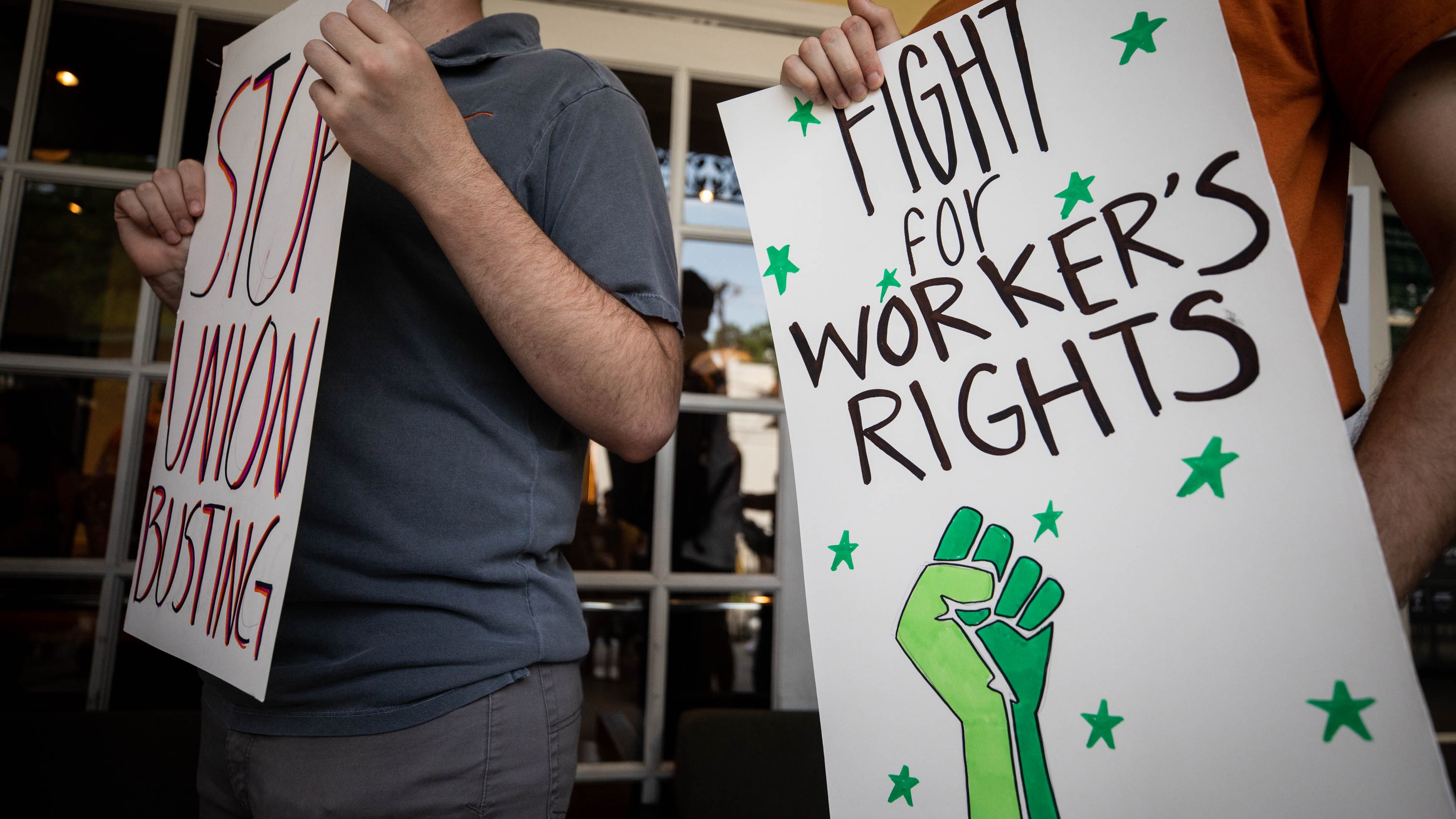
The Shift Towards Unionization in Healthcare
In an important move for labor relations, a National Labor Relations Board (NLRB) official has approved a union vote at a cancer treatment center in Washington. This decision marks a significant step for healthcare workers advocating for better rights and working conditions. The healthcare industry has been witnessing a surge in unionization efforts, reflecting a broader trend where employees are increasingly seeking collective bargaining rights to negotiate wages, benefits, and working conditions.
Why Unionization Matters in Healthcare
Unionizing can provide employees with a stronger voice in their workplace. For many healthcare professionals, joining a union can lead to improved job security and better compliance with labor laws. Especially in a field that has seen unprecedented strain due to the pandemic, the need for fair pay and humane working hours is more critical than ever. This vote not only symbolizes hope for workers at this center but could also inspire similar initiatives across the country.
The Regulatory Landscape
Healthcare unions often navigate a complex landscape of employment regulations that are crucial for maintaining organization and compliance. Adhering to rules set forth by the NLRB ensures that employees can freely express their concerns without fear of retaliation. As labor laws evolve—with recent attention towards hiring bias and pay transparency—these regulations must be followed to foster a fair and inclusive workplace.
Looking Ahead: Potential Impacts of Unionization
The approval of this union vote has broader implications not only for compliance officers and legal counsel but the entire healthcare workforce. As more institutions may experience similar movements, organizations must be prepared to engage with employees and ensure that their workplace policies align with the shifting expectations. Staying informed about updates in policy and labor rights will be crucial for employers aiming to navigate this changing environment.
As discussions surrounding workplace empowerment continue, HR and regulatory professionals should consider the role they play in fostering an equitable working environment that accommodates these changes. Engaging with employee resource groups and remaining proactive about policy updates can facilitate a healthier workplace culture.
Empowered employees lead to a motivated workforce. As this trend unfolds, it becomes vital for organizations to reevaluate their strategies for compliance and employee engagement, ensuring they remain supportive partners in the ongoing conversation of workplace rights.
 Add Row
Add Row  Add
Add 




Write A Comment